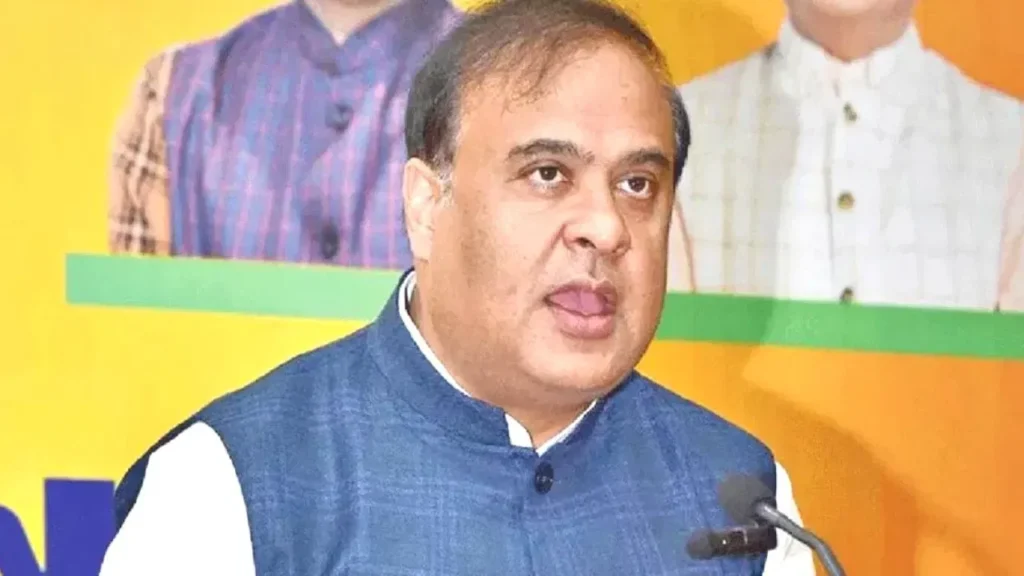Introduction
Himanta Biswa Sarma, the Chief Minister of Assam, held a significant press conference in Guwahati on Saturday, where he raised critical concerns regarding the political alliance between the Congress party and the National Conference (NC) in Jammu and Kashmir. This press briefing provided insights into the NC’s election manifesto, which Sarma vehemently criticized as an “anti-India document.” His statements have sparked discussions about national interests, regional politics, and the implications of such alliances.
Press Conference Highlights
During the conference, Sarma emphasized several key issues arising from the NC’s electoral manifesto. He highlighted the proposal to restore Article 370 and Article 35A, both of which have been contentious topics in Indian politics. The manifesto includes alarming commitments, such as promising government jobs to individuals involved in stone-pelting incidents against security forces.
Condemnation of National Conference’s Agenda
Sarma stated, “The National Conference has explicitly mentioned its desire to engage in trade with Pakistan, which is highly concerning. They are also vowing to reinstate individuals who have engaged in violence against citizens and law enforcement.” He further criticized the manifesto’s stance on reservation policies, noting intentions to halt or abolish reservations for Dalits, Gujjars, Bakarwals, and hill communities, which could have far-reaching social implications.
Attack on Congress Party
Sarma did not mince words when addressing the Congress party’s partnership with the National Conference. He asserted that the NC’s manifesto supports a separatist agenda, characterizing it as a document of extremists that undermines the sacrifices of Indian armed forces. He elaborated, “Congress has revealed its true colors; it has consistently acted against the interests of India. By aligning with the National Conference, they are endorsing a document that is fundamentally anti-national.”
Concerns Over Regional Stability
Moreover, Sarma commented on the situation in neighboring Bangladesh, where he claimed instability has not prompted a significant influx of Hindus into India. He noted that despite the challenges in Bangladesh, Hindus residing there have not sought refuge in India over the past month. “If they genuinely wanted to come to India, they would have done so during the partitions,” he added, suggesting a sense of resilience among the Bangladeshi Hindus.
Implications of the Alliance
| Issue | Concerns Raised |
|---|---|
| Restoration of Article 370 | Regaining special status for Jammu and Kashmir could destabilize national unity. |
| Government Jobs for Violent Offenders | Pardoning individuals involved in violence undermines law and order. |
| Trade with Pakistan | Engaging in trade with a neighbor considered hostile raises security concerns. |
| Abolishing Reservations | Ending reservations could adversely affect marginalized communities. |
Conclusion
The statements made by Himanta Biswa Sarma during the press conference have reignited debates about national integrity, regional politics, and the role of major political parties in India. His condemnation of the Congress-NC alliance as an attack on India’s sovereignty highlights the fragile nature of political ties in the country’s diverse landscape. As the political scenario continues to evolve, the implications of such alliances on India’s social fabric and security will remain a focal point for discussion.
